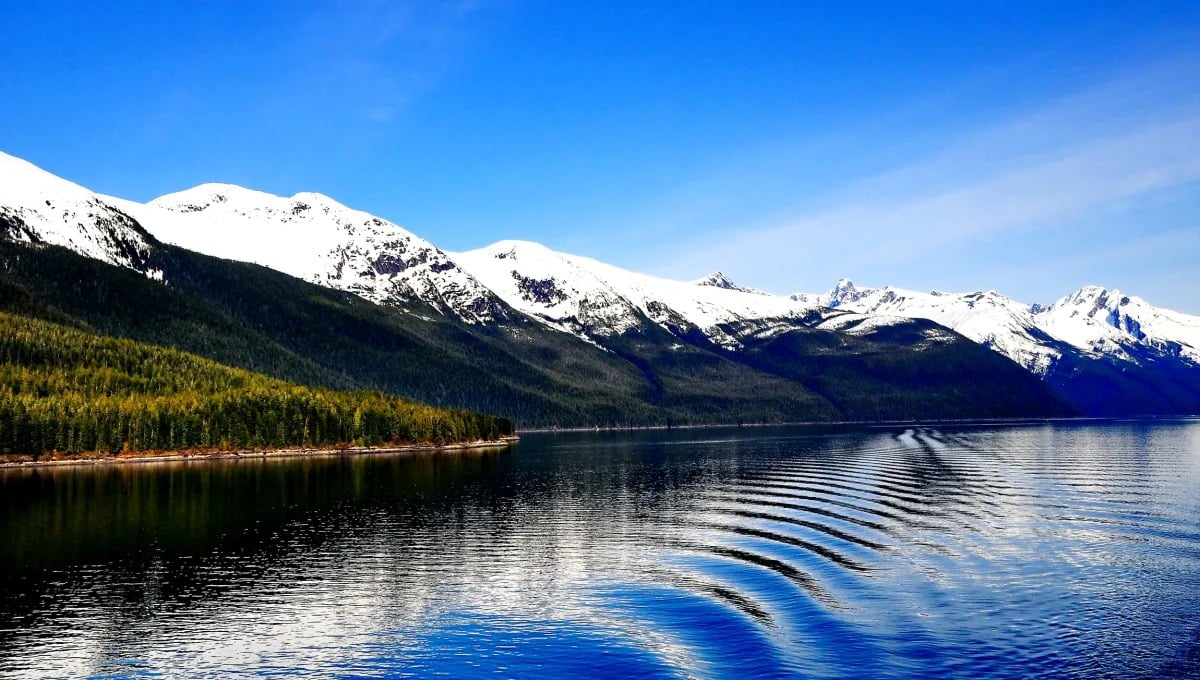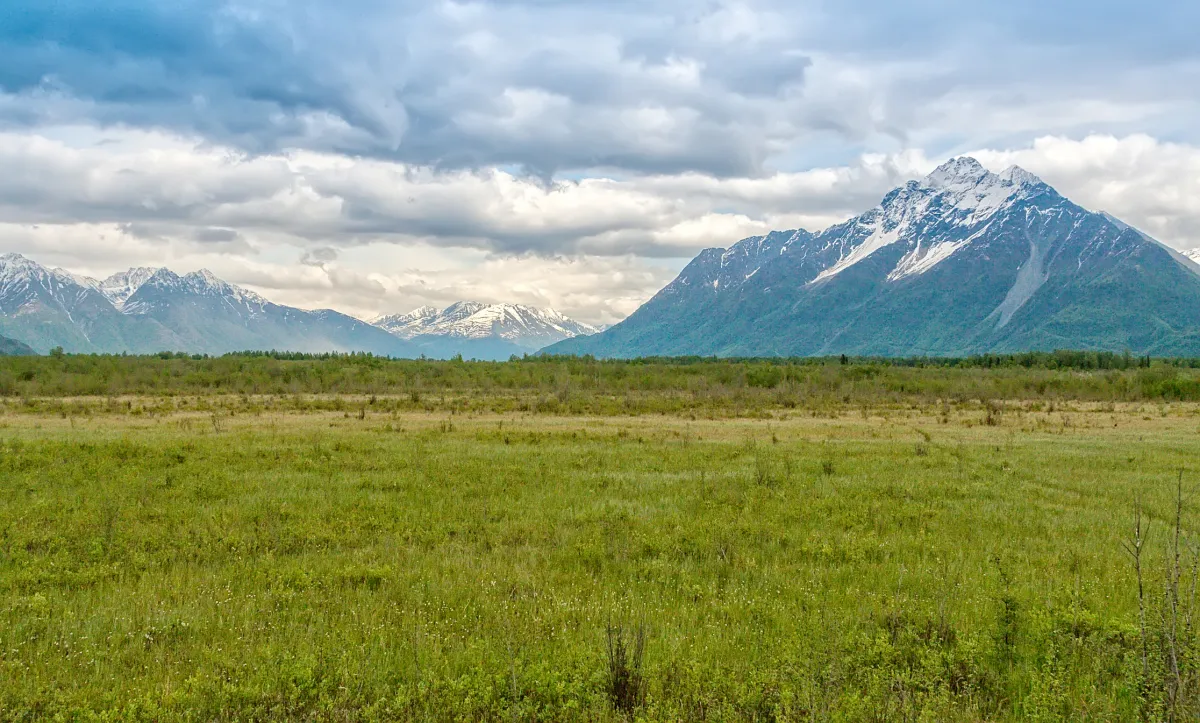
Alaska beckons adventurers and nature lovers alike with its vast, rugged landscape and untamed wilderness. It comes as little surprise that this wild land has earned the nickname “The Last Frontier”.
As the largest state in the United States by area, Alaska’s remoteness and low population density contributes to its enduring mystique and imagery as a land untamed. Fittingly, much of Alaska’s vast lands remain largely uncharted and unexplored, providing a perfect habitat for the diverse range of wildlife that also makes this state famous.
In this guide, we’ll delve into the history behind the name "The Last Frontier," explore how this name came into being, and how Alaska continues to embody this name into the 21st Century.
The Origin of "The Last Frontier"
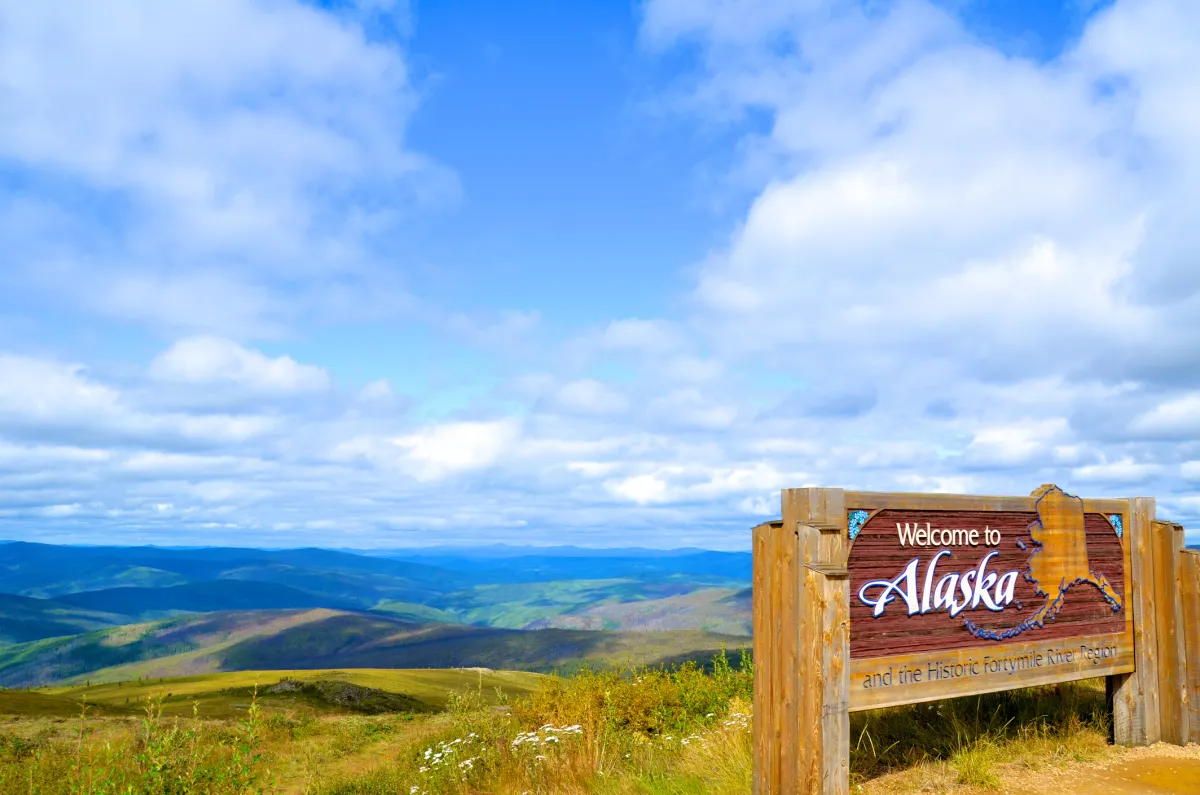
The nickname "The Last Frontier" traces its roots back to the early 20th century. The term was popularized by Charles E. Bunnell, the first president of the University of Alaska Fairbanks, who used it to describe the state's wild, untamed nature.
He saw Alaska as a land of opportunity and a place where hardy pioneers could forge a new life amid the vast wilderness. The term gained further traction when it was adopted as the state's official motto in 1967, further cementing its place in the public consciousness.
Alaska's Natural Environment: A Wild Land
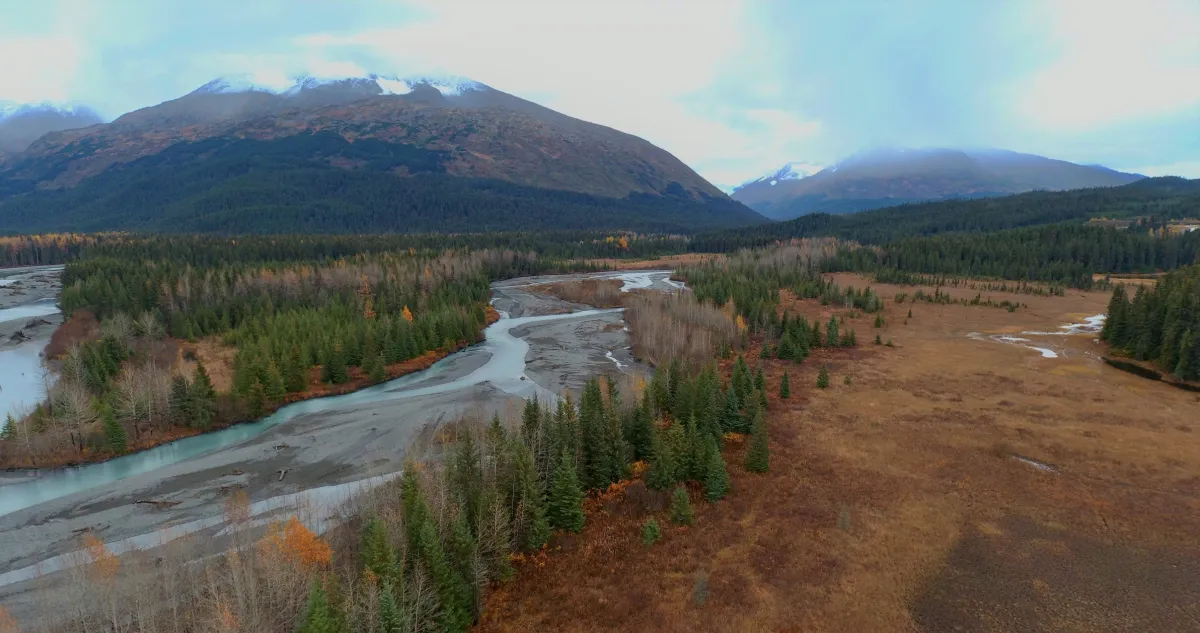
Alaska's natural environment, characterized by its remote islands, impenetrable forests, and craggy coastlines, has helped to create an almost mythic status for the state as "The Last Frontier." With its towering mountains, sprawling tundra, and glaciers that seem to stretch on forever, Alaska presents a striking contrast to the more urbanized and populated regions of the lower 48 states.
Its extreme climate and remote location make it a destination for those seeking adventure and a connection with the natural world that is increasingly rare in today's fast-paced, technology-driven society.
In addition to its vast wilderness, Alaska is home to over 3,000 rivers and 3 million lakes, providing endless opportunities for fishing, rafting, and other water-based activities. The state also boasts more than 100 volcanoes and volcanic fields, with several still considered active today.
These awe-inspiring geological features add to the mystique of Alaska as a land of untamed, raw beauty.
Alaska: The 49th State

On a more historical note, the name also encompasses Alaska's relatively recent admission to the United States. Alaska became the 49th state in 1959, a mere 64 years ago, making it the second-to-last state to join the Union. This fact highlights the state's uniqueness and distinct identity, as it has retained much of its indigenous culture and heritage, even as it has become an integral part of the United States.
A Subsistence Lifestyle
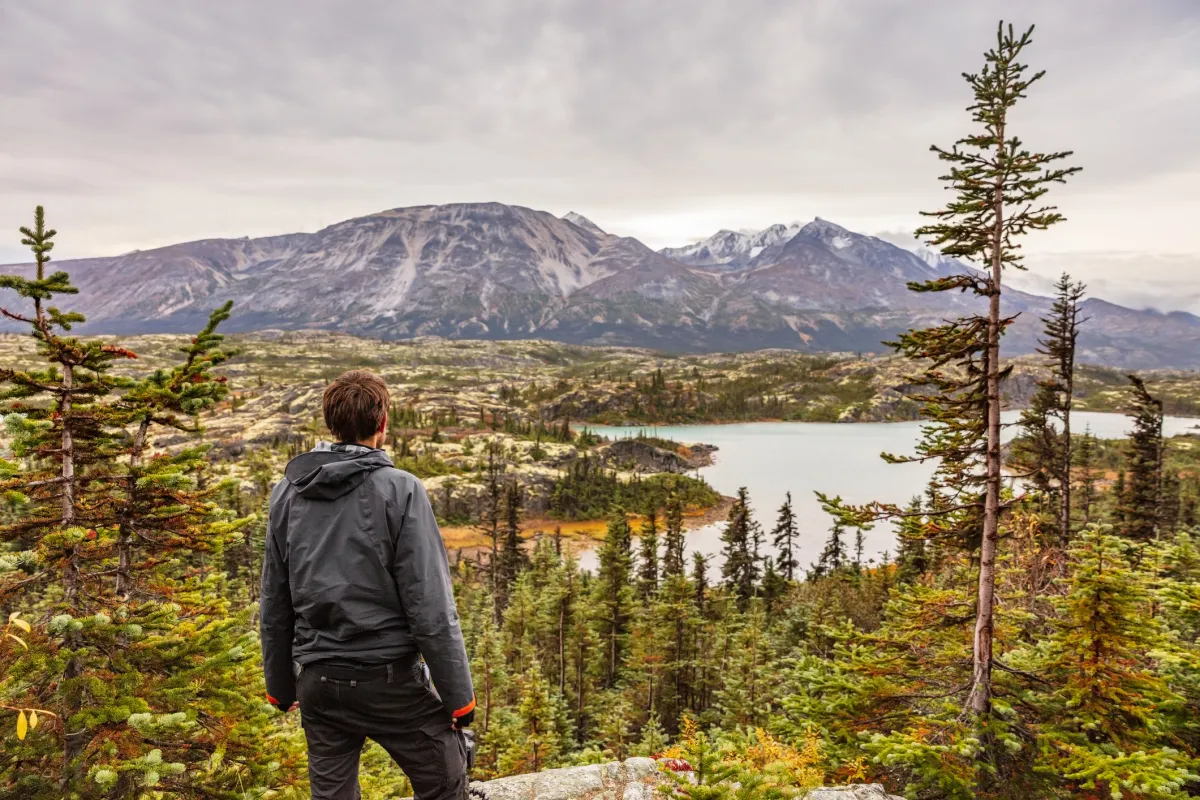
Despite being a part of the United States, Alaska is often misunderstood by many due to its unique way of life, rugged endurance, and daily life experiences.
The state's harsh climate, vast distances between communities, and reliance on subsistence living have forged a strong sense of independence and self-reliance among its residents. This spirit is part of what makes Alaska "The Last Frontier" – a place where people can still carve out a living from the land, much as they did during the gold rush era and the early days of statehood.
Alaska's distinct culture and traditions also contribute to its reputation as "The Last Frontier." The state is home to numerous indigenous peoples, including the Inupiat, Yupik, Tlingit, Haida, Tsimshian, and Athabascan tribes. Their rich cultural heritage, traditional practices, and deep connection to the land provide a fascinating glimpse into a way of life that has endured for centuries and continues on today.
The Last Frontier Today
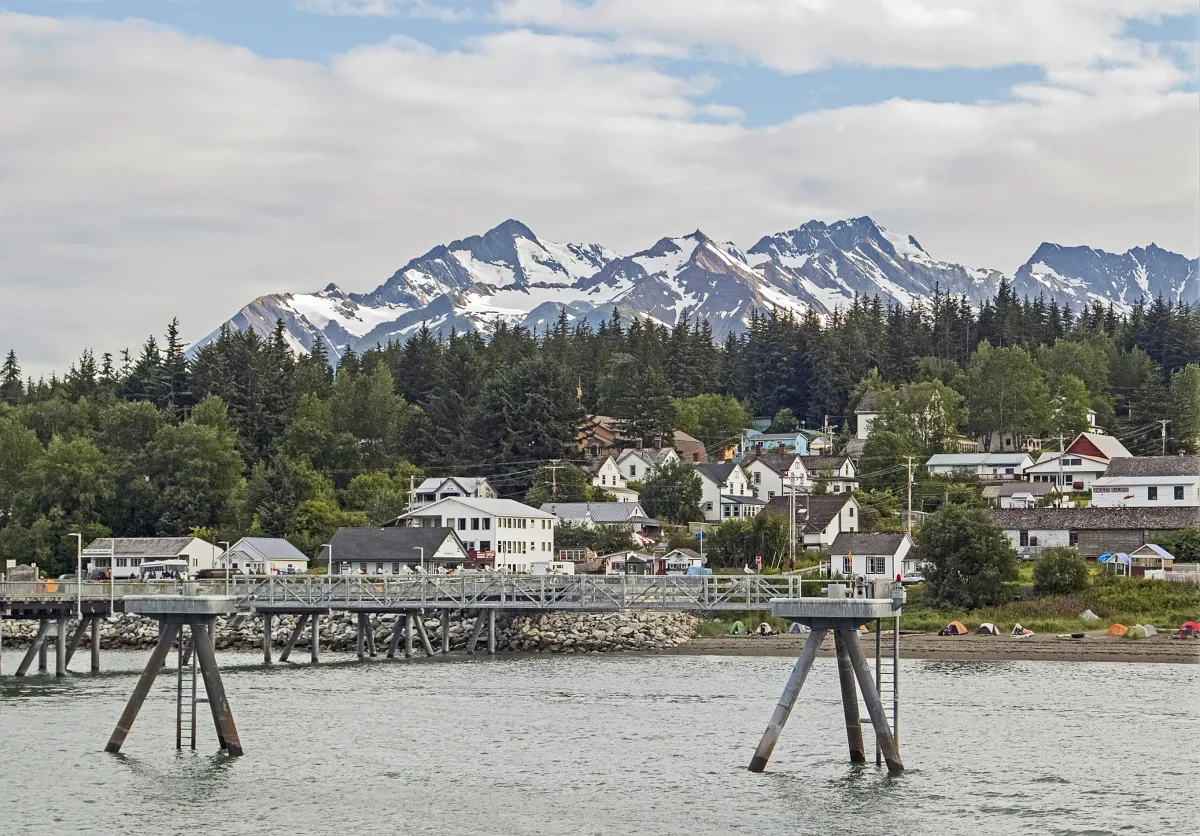
Today, "The Last Frontier" continues to hold relevance for both residents and visitors alike. It encapsulates the spirit of adventure, resilience, and connection to nature that is so intrinsic to the Alaskan experience.
For travelers, Alaska offers a chance to step back in time and immerse themselves in a world that feels both familiar and utterly foreign, a place where modern conveniences coexist with ancient traditions and the call of the wild.
As the world becomes increasingly interconnected and urbanized, Alaska's untouched wilderness, cultural richness, and unique way of life make it stand out as a destination like no other. The state's vast, rugged landscape continues to captivate and inspire those who venture to explore its remote corners, offering a reminder of the untamed beauty that still exists on our planet.

